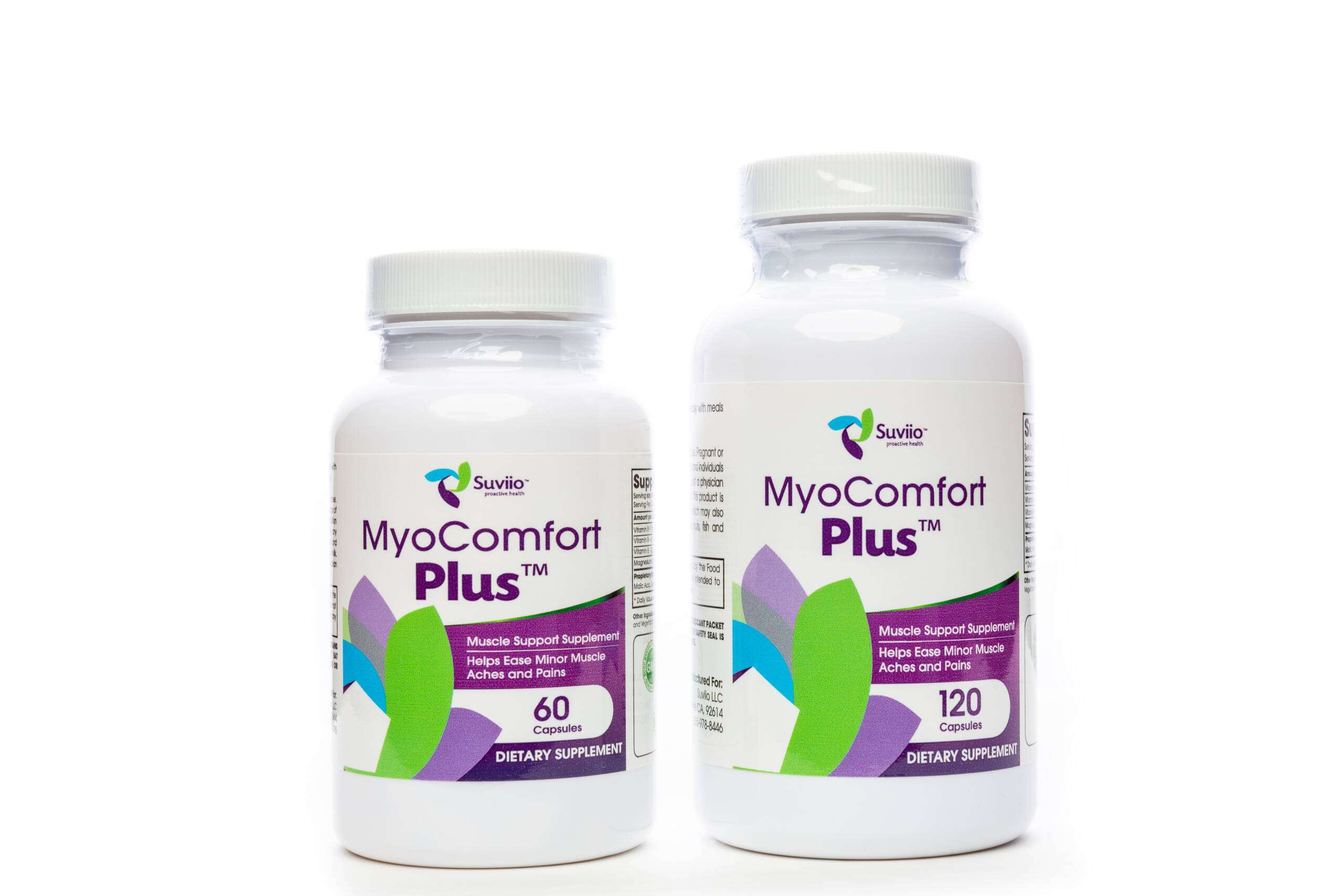-
By: Suviio Info
-
August 20, 2018
Turmeric Supplement Stacking for Better Health Outcomes
Turmeric Supplement Stacking for Better Health Outcomes
Our body’s natural response to injury results in inflammation-induced pain, swelling, and erythema. To reduce pain, anti-inflammatory agents such as NSAIDs act on the multiple inflammatory pathways, which, although often very quick and effective, can have undesirable side effects such as gastric ulceration and, infrequently, myocardial infarction and stroke.[1] For centuries, natural anti-inflammatory compounds such as Turmeric have been used to mediate the inflammatory processes and often with fewer side effects. However, a turmeric supplement stacking for better health outcomes.
Turmeric Rhizome, or Curcumin, is a spice derived from the root of the Turmeric plant, a part of the ginger family, and has been used medicinally for centuries in India, Indonesia, and China. It’s responsible for the plant’s yellow color and for providing most of its medicinal qualities. Like vitamin D, curcumin is one of those nutraceuticals for which research suggests a broad range of potential benefits.
How does Turmeric Supplement Help for Better Health Outcomes?
It is claimed that curcuminoids found in turmeric help reduce inflammation and stiffness related to rheumatoid arthritis (RA) and osteoarthritis (OA). Some Preliminary studies found that curcuminoids may benefit bypass patients by reducing the risk/number of heart attacks post-surgery.
It has also been observed controlling knee pain from osteoarthritis as effectively as with individuals only taking ibuprofen. It has shown effectiveness in reducing skin irritation that often occurs after radiation treatments in breast cancer patients. Turmeric is a common ingredient in medicines in both ancient and modern Indian Ayurveda and Chinese medicine when treating arthritis. It is believed that turmeric/curcumin inhibits inflammation by suppressing NF-kB and blocks inflammatory cytokines and enzymes, including, COX-1, and COX-2 inflammatory pathways.[2] Several recent studies show that turmeric has anti-inflammatory properties and also helps modify immune system responses. Some studies also showed that turmeric was more effective at preventing joint inflammation than reducing joint inflammation.
All in all, Turmeric may be considered a viable natural alternative to nonsteroidal agents for the treatment of inflammation.
Groups that could benefit from Turmeric
The following groups are among those most likely to benefit from Turmeric.
- People with high cholesterol
- People with Osteoarthritis and certain inflammatory disorders
- People with itchy skin
- Individuals with stomach ulcers
 MyoComfort Plus™ was formulated to be a stack of synergistic supplements (includes Turmeric) to work better together as a group, to help support optimum muscle, joint and nerve health, especially at a cellular level.
References:
[1,2]. Maroon JC, Bost JW, Maroon A. Natural anti-inflammatory agents for pain relief. Surg Neurol Int. 2010;1:80. [PMC free article][PubMed]
MyoComfort Plus™ was formulated to be a stack of synergistic supplements (includes Turmeric) to work better together as a group, to help support optimum muscle, joint and nerve health, especially at a cellular level.
References:
[1,2]. Maroon JC, Bost JW, Maroon A. Natural anti-inflammatory agents for pain relief. Surg Neurol Int. 2010;1:80. [PMC free article][PubMed]





Leave a comment